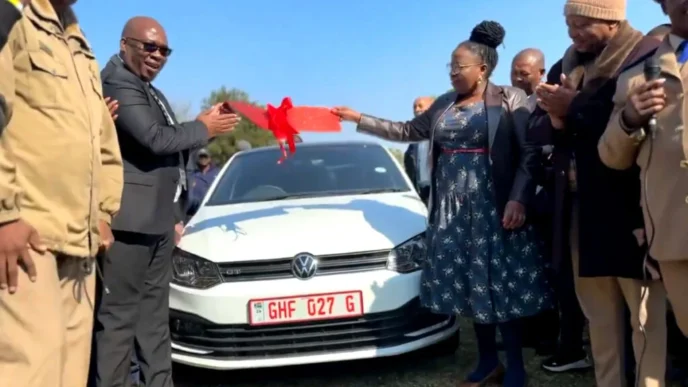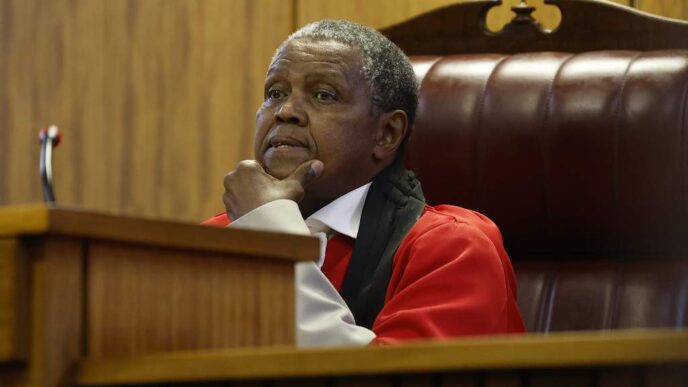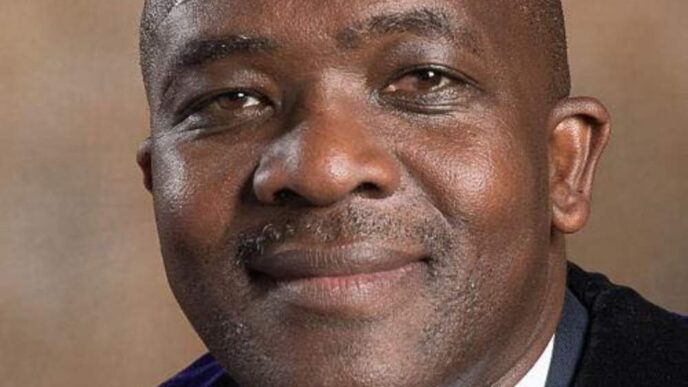South African authorities have dismissed claims that a man linked to the Olorato Mongale murder case is part of a kidnapping syndicate, with KZN police stressing that investigations cannot proceed without concrete evidence or formal complaints . The case, which saw primary suspect Philangenkosi Makhanya killed during his arrest in Amanzimtoti last week, has drawn renewed scrutiny after reports emerged that another individual—identified as a tenant in the same apartment complex—may be involved in similar crimes.
Police Provincial Commissioner Nhlanhla Mkhwanazi clarified that while the department acknowledges public concerns, it cannot act solely on speculation or social media claims. “Speculations alone are not enough for the police to act. Whoever is a victim of such an individual, they are welcome to go to the nearest police station,” he stated, reinforcing the need for formal reports to initiate legal action. This stance comes amid allegations from several women who claim to recognize the tenant’s voice from media interviews, suggesting a pattern of misconduct.
The controversy stems from Mongale’s tragic disappearance in Johannesburg, where she was found murdered in Lombardy West shortly after a date with Makhanya. While the main suspect is deceased, critics argue that police inaction on unverified claims risks allowing other perpetrators to evade justice. A Pretoria-based criminologist noted, “This highlights a systemic weakness—cases built on speculation often collapse, but so do opportunities to expose networks of abuse”.
Public reaction has been divided. Some residents in KZN and Gauteng support the police’s emphasis on procedural rigor, while others accuse law enforcement of complacency. A Johannesburg activist wrote on social media, “Victims shouldn’t have to shout louder than their abusers to get justice” . The case also mirrors broader challenges in South Africa’s criminal justice system, where delayed or incomplete investigations often leave victims’ families without closure.
As the investigation continues, the incident underscores the delicate balance between public-led accountability and institutional protocol—a tension that defines South Africa’s ongoing struggle to combat crime while maintaining trust in law enforcement.













